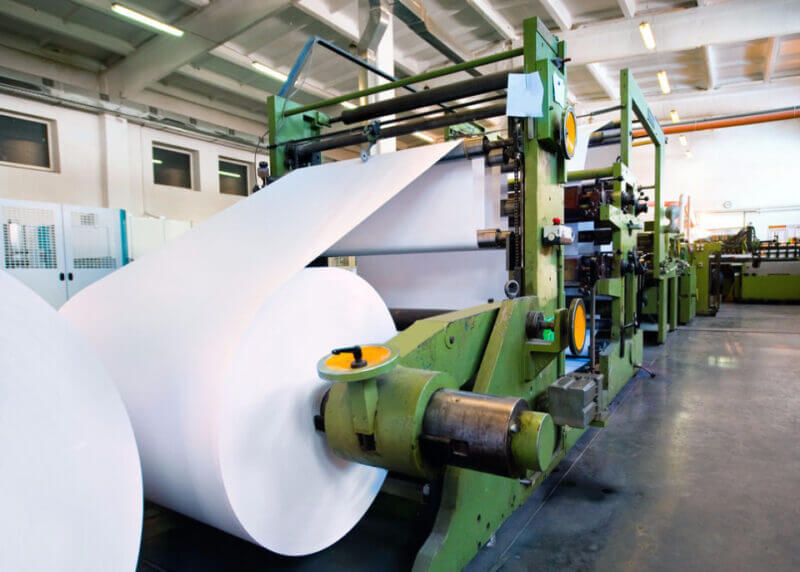The shortage of coal is directly impacting the captive power plants of the pulp and paper manufacturers, says IPMA.
April 25, 2022

The Indian pulp and paper industry has been undergoing an overwhelming crisis due to the unavailability of coal. This is severely impacting the operations of the pulp, paper, and paperboard manufacturers in the country. The production at a number of paper mills has been critically affected while a few other paper mills are on the verge of shutting down.
Sharing the urgent requirement of the coal for paper mills, IPMA (Indian Paper Manufacturers Association) asserted, “Paper Industry being a continuous process industry and energy cost accounting for a significant part of the total production cost in paper mills, the industry has invested a huge amount of money in setting up captive power plants.”
Watch: Evolution of Paper Based Packaging
The coal crisis is impacting the captive power plants of the pulp and paper mills due to the unreliable and shortage of coal supply. Thus, the association for the paper industry has been urging the government for the priority allocation of coal as the Indian Railways also takes up a substantial share in addition to thermal power plants.
In the face of this coal scarcity, the industry fears the closure of mills if the supply of coal does not get reinstated, affecting all the segments of the paper industry.
IPMA also said, “Pulp & Paper Industry has requested for priority allocation of coal and railway rakes for captive power plants of the Industry as paper and paperboard touches all aspects of life and its production is vital for education, packaging, and several other sectors of the economy.”



